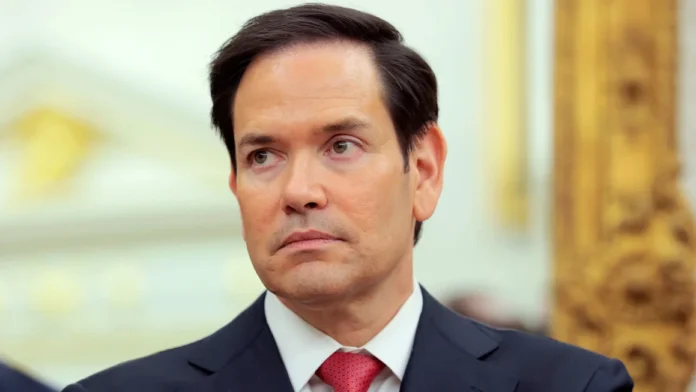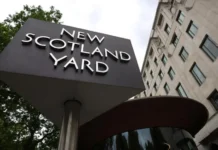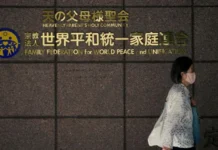
In a dramatic move that risks further straining U.S.-China relations, Secretary of State Marco Rubio announced Wednesday that the United States will “aggressively revoke” visas for Chinese students, particularly those studying in sensitive fields or with alleged ties to the Chinese Communist Party (CCP). The decision represents a sharp escalation in the Trump administration’s broader effort to curtail China’s influence in the United States and marks a new flashpoint in the deteriorating relationship between the two global powers.
Speaking at a press briefing, Rubio confirmed that the State Department will coordinate with the Department of Homeland Security to begin revocations immediately. “We will revise visa criteria to enhance scrutiny of all future applications from the People’s Republic of China and Hong Kong,” Rubio said, without specifying the academic disciplines or criteria to be used in determining revocations.
The announcement blindsided observers in both countries and comes just weeks after the U.S. and China agreed to a temporary pause on their prolonged trade dispute. It also sent shockwaves through American higher education institutions, many of which rely heavily on international students, particularly from China, for enrollment and revenue.
Chinese students currently represent about a quarter of all international students in the U.S., with more than 270,000 enrolled during the 2023–2024 academic year, down from a peak of over 372,000 in 2019. Many had come from China’s middle class and elite families in pursuit of a world-class education and professional opportunities. The sudden policy shift is already generating fear among students and families.
“I pray to make it through my undergraduate study safely and smoothly,” said Candy, a Chinese statistics student at the University of Michigan, who expressed anxiety about losing her visa before graduating.
American universities, already burdened by shifting visa rules and pandemic-related declines in enrollment, now face a renewed period of uncertainty. Harvard University, previously targeted by the administration with a temporary ban on enrolling international students, saw that decision overturned by a federal judge. But the broader pattern of increasing restrictions has left institutions scrambling.
Beijing has yet to issue an official response, but Chinese students and scholars have reacted with growing concern. China’s state media remained silent in the hours following the announcement, suggesting the government was caught off guard.
Analysts say the decision could unravel decades of educational exchange that have historically served as a stabilizing factor in U.S.-China relations. “Despite numerous challenges, student exchanges remain one of the few meaningful channels of engagement between the two nations,” said Zichen Wang, a fellow at the Center for China and Globalization.
Critics warn that the policy could revive fears reminiscent of Cold War-era suspicion, particularly given the difficulty in defining what constitutes a “connection” to the CCP, a political organization with nearly 100 million members and deep influence across Chinese society.
“Almost everyone in China is somehow linked to the Communist Party,” Wang noted. “This broad language risks sweeping up innocent students and damaging long-term academic ties.”
The Trump administration has previously cited national security concerns in targeting Chinese students, especially in science, technology, engineering, and mathematics (STEM) fields. Rubio did not clarify which disciplines are considered “critical,” but U.S. officials have long expressed concern about Chinese nationals allegedly using educational access to gather sensitive technological knowledge.
The move echoes the now-disbanded China Initiative, a national security program that was criticized for fostering racial profiling and was ultimately scrapped by the Biden administration.
Meanwhile, the State Department has ordered U.S. embassies and consulates worldwide to pause new student visa appointments while expanding vetting measures, including social media screenings.
While Beijing has promoted student exchanges, recently inviting 50,000 U.S. students to study in China, Rubio’s announcement appears to mark a sharp reversal in bilateral educational cooperation.
With both countries locked in intensifying geopolitical and technological competition, the Trump administration’s decision could have lasting consequences for global academic collaboration, innovation, and the students caught in between.
Written By Rodney Mbua


















